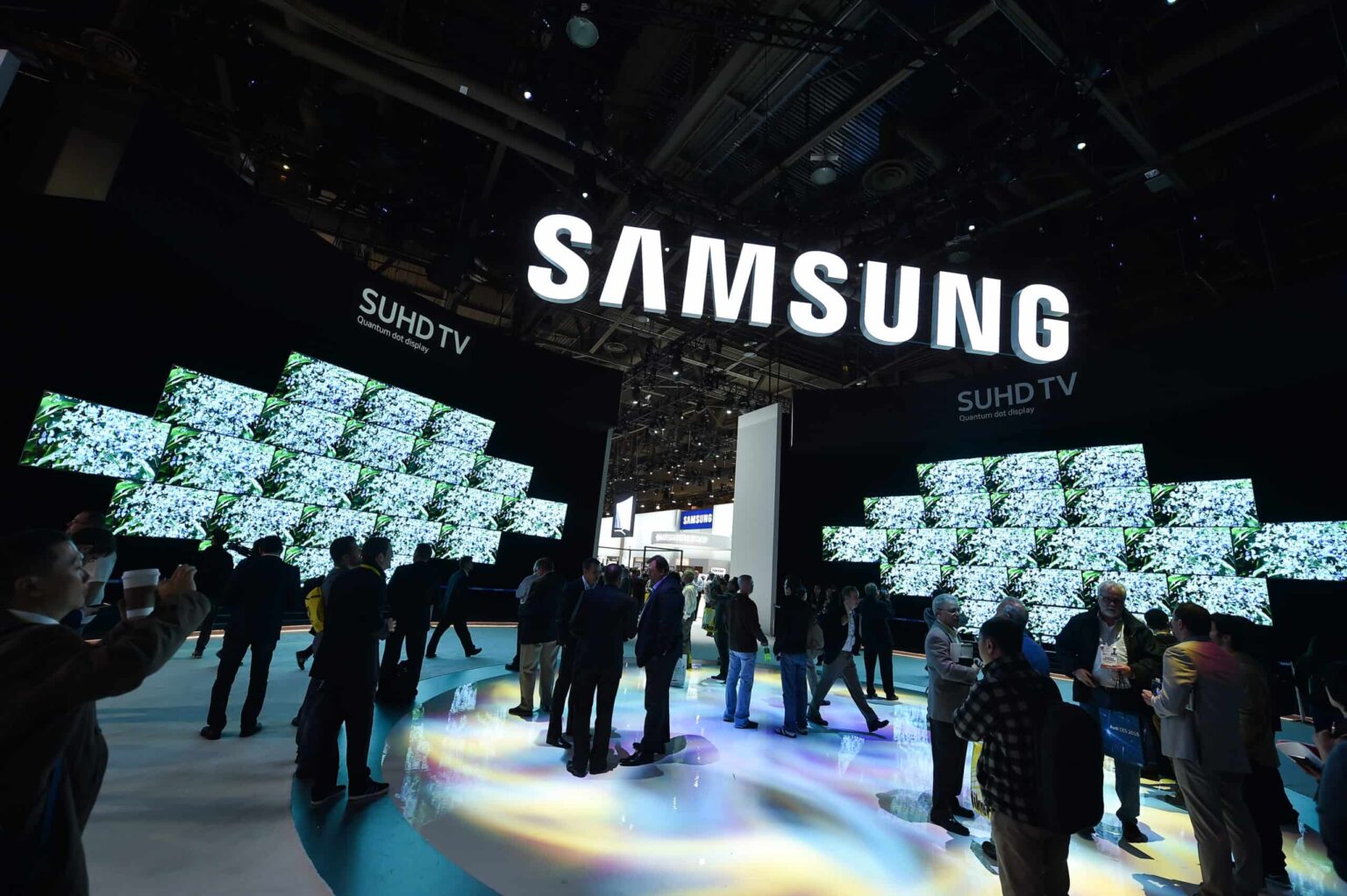Samsung’s Profit Falls Sharply in Q2 2023
Crisis in Global Chip Market
The crisis in the global chip market caused Samsung’s profit to fall sharply in the second quarter of 2023. In its preliminary financial results, Samsung indicates that profits have reached an all-time low, likely the lowest profit in 14 years. Earnings in the last quarter fell 96 percent compared to the second quarter in 2022, with a total turnover of 64 trillion South Korean won (45 billion euros) compared to 77.2 trillion won a year earlier. Profits came in at 0.6 trillion won last quarter, compared to 14.1 trillion won a year ago.
The decline is mainly due to the crisis in the global chip market. The prices of memory chips in particular are very low, so that the value of the stock has also fallen. Samsung has limited its stock, but this has apparently not helped to improve the situation.
According to Reuters, the tech giant sees no improvement in this situation for the rest of the year. It is expected that from 2024, the global (memory) chip market would pick up again, partly due to the growing demand for AI solutions.
Samsung Foundry to Introduce 2-Nanometer Processors in 2025
In 2025, Samsung Foundry will introduce new 2-nanometer processors. This new generation of processors will be more powerful and efficient than the current 5-nanometer processors. The new processors will be used in a wide range of applications, from mobile phones to data centers.
The new 2-nanometer processors will be based on Samsung’s advanced chip technology, which is designed to reduce power consumption and increase performance. This will enable Samsung to remain competitive in the chip market and will help the company to recover from the current crisis.
The global chip market is in a crisis, and Samsung’s profits have suffered as a result. The tech giant expects the situation to improve in 2024, but in the meantime, it is taking steps to remain competitive. Samsung Foundry will introduce new 2-nanometer processors in 2025, which will be more powerful and efficient than the current 5-nanometer processors. This will help the company to remain competitive in the chip market and recover from the current crisis.





